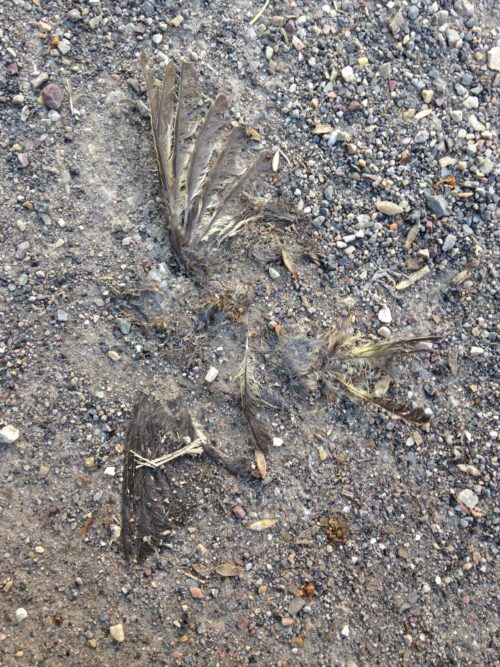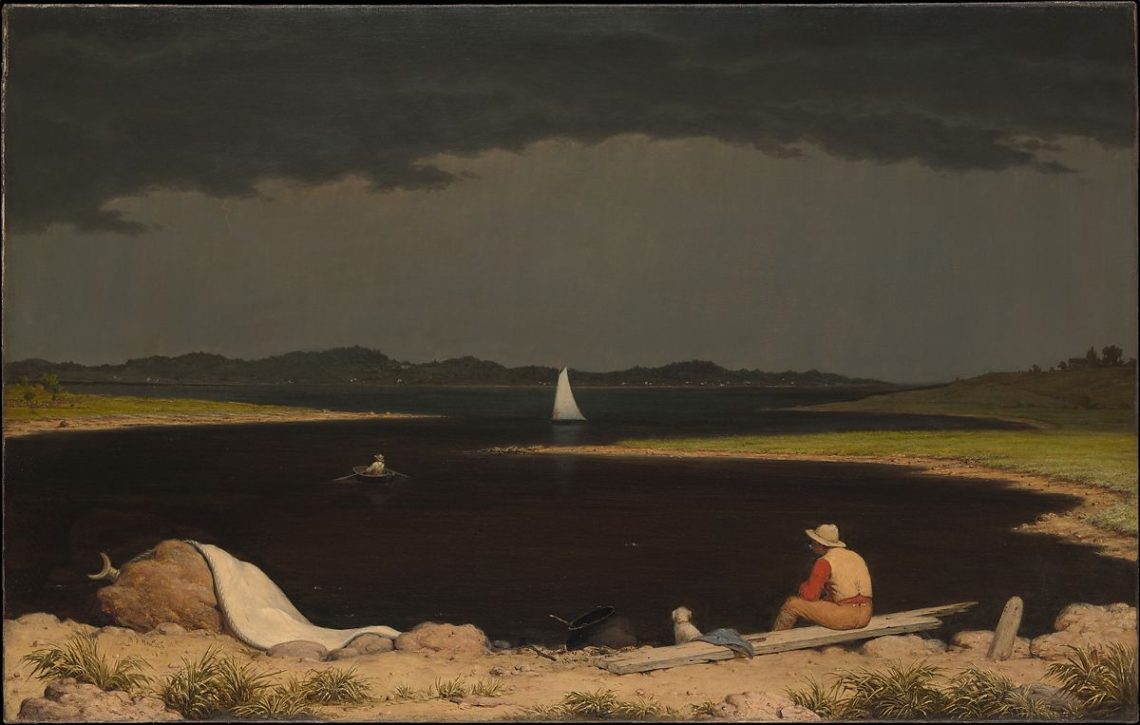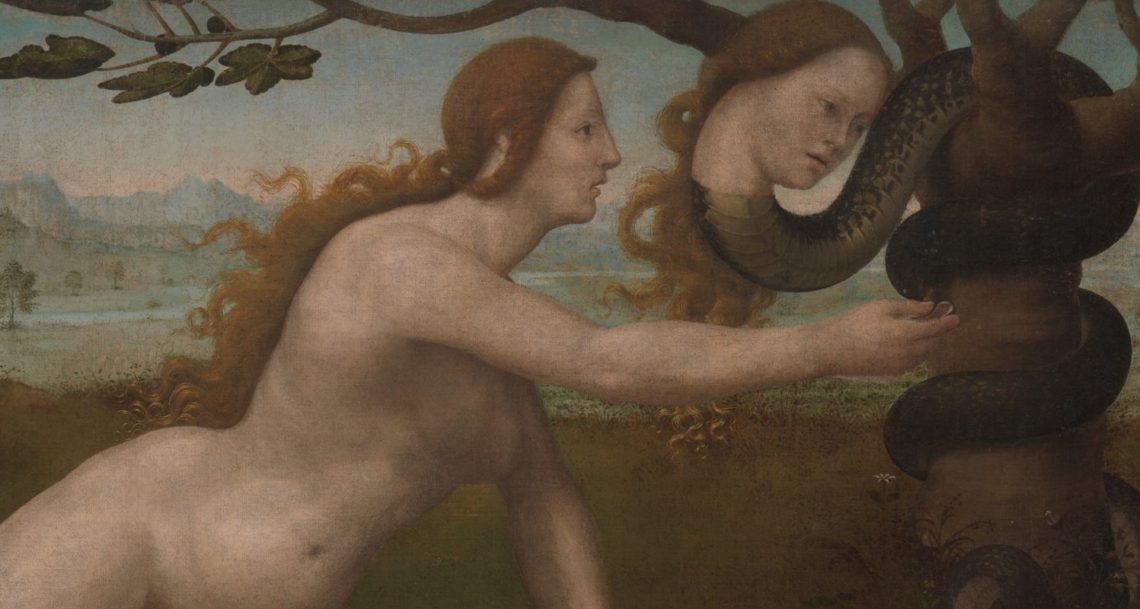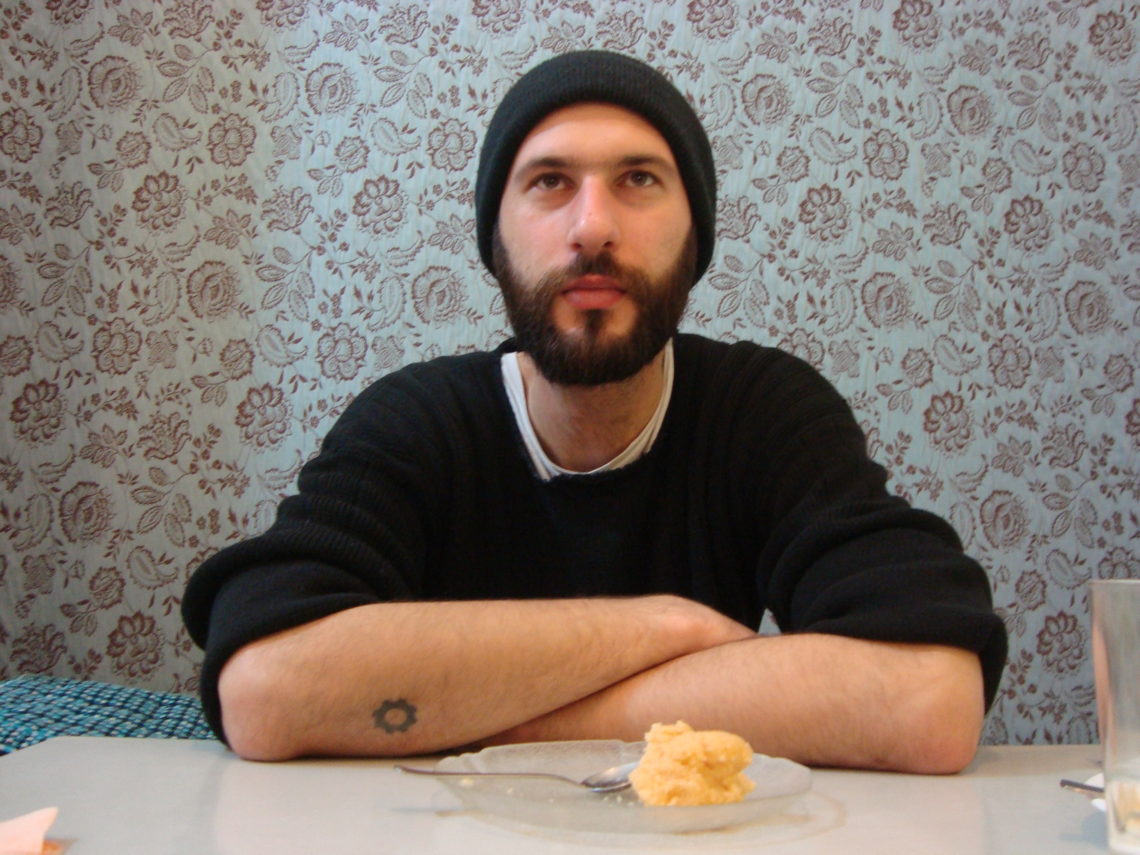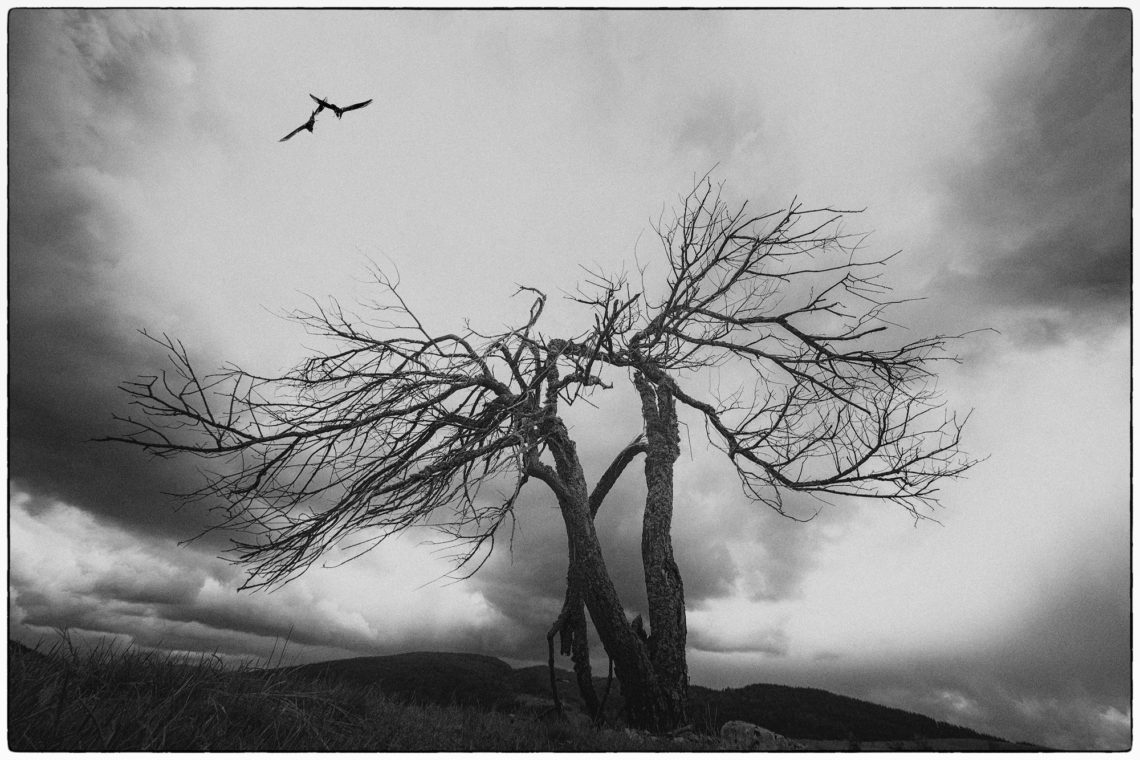-
Three Poems by Rubén Merriwether Peña (translated from the Chilean Spanish by David Rock)
I’m Pretty Sure I Saw You
I’m pretty sure I saw you
at the end of the world,
trembling under the weight of your perfections.
Your endless eyes like a wellspring
of second guesses, trompe l’oeil of Venus
eclipsing everything.I’m pretty sure I saw you
on the road to tomorrow,
going the other way, farm girl of these
my most fruitful illusions, patroness of hunters
with empty hands.I’m pretty sure I saw you
kneeling in the church
of a misguided God, -
Sonnet of Little Faith by William Fargason
The rain pressing the maple leaves looks
like broken green piano keys. This view
out my bedroom window, this TV without
sound. I prayed for snow, not wet sunlight.In a clearing, I once asked God to hold
my sadness and was told to build
a bigger heart. A bigger ark. A better window
to clean the smudges off each morning.In the maple tree, a cardinal looks covered
in its own blood. He sees himself in the dirty glass
and tries to attack his shade. For two hours. -
Two Poems by Lindsay Young
Seven, Going on Nothing
It was my sister’s birthday eve,the anticipation as big an event as the real thing,even for me, who always got a sympathy giftto curb the Little Sister envy.I got to see the surprise cake my mom had chosen,fresh out of a glossy flip book at the store.A supermodel cake, impossibly symmetricaland airbrushed heavily with icing.I couldn’t help myself,I had to sneak down to the fridge that nightjust to get a second look. -
Negation # 19 by Alistair McCartney
Medium: aesthetic distancing, epidemiology
John Keats did not die from the Coronavirus.
Grammatically speaking, one does not
Die from the virus:
As a direct cause of death,
One dies of it.
One dies from an indirect agent, for example,
He died from falling down the Spanish Steps.
John Keats never entered the Prada store
Near the Spanish Steps.
Though epidemiologically speaking, in terms
Of viruses and the blurriness
Of direct/indirect causes,
-
Global Voices Interviews *Croatia* Marko Pogačar & Andrea Jurjević
In conversation with JP Apruzzese
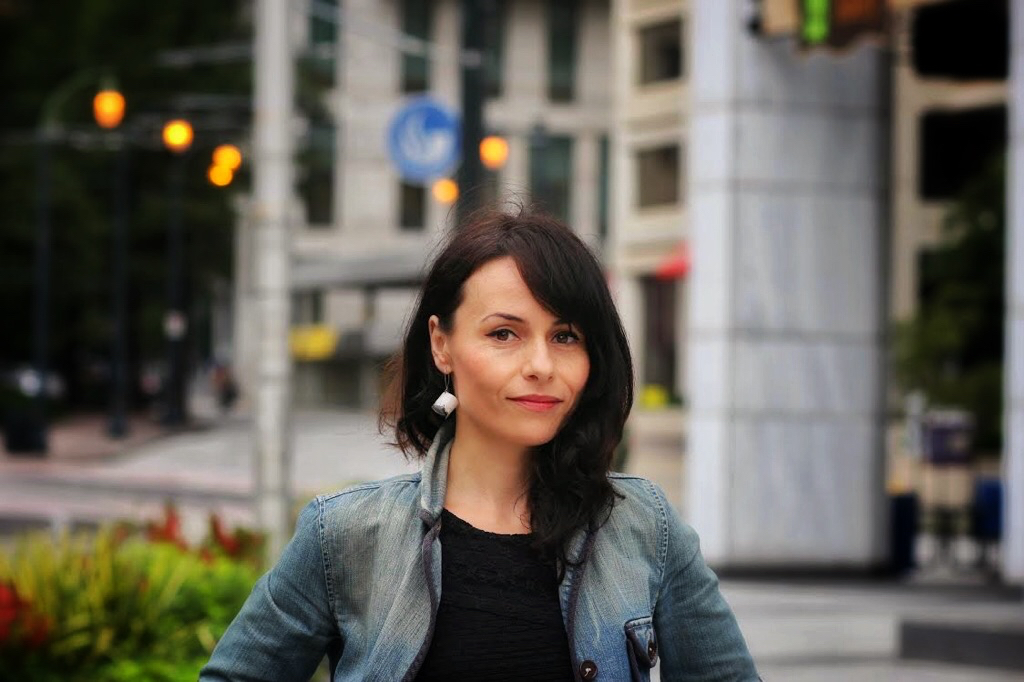
Reading Marko Pogačar’s poetry is like walking into an empty field only to realize that it is teeming with life. Things begin to crawl up through the surface and emerge from the sky and become more real, more important, more meaningful, more consequential the further we allow him to guide us through this uncertain world, which we soon learn is our own. Perhaps his shift in vision comes from being a child witness to the violent fracturing of his world – what was once Yugoslavia – where the promise of unity,
-
Milen Neykov
Neykov’s photography captures vast scenes where the archetypes are at large.
Margarita Serafimova
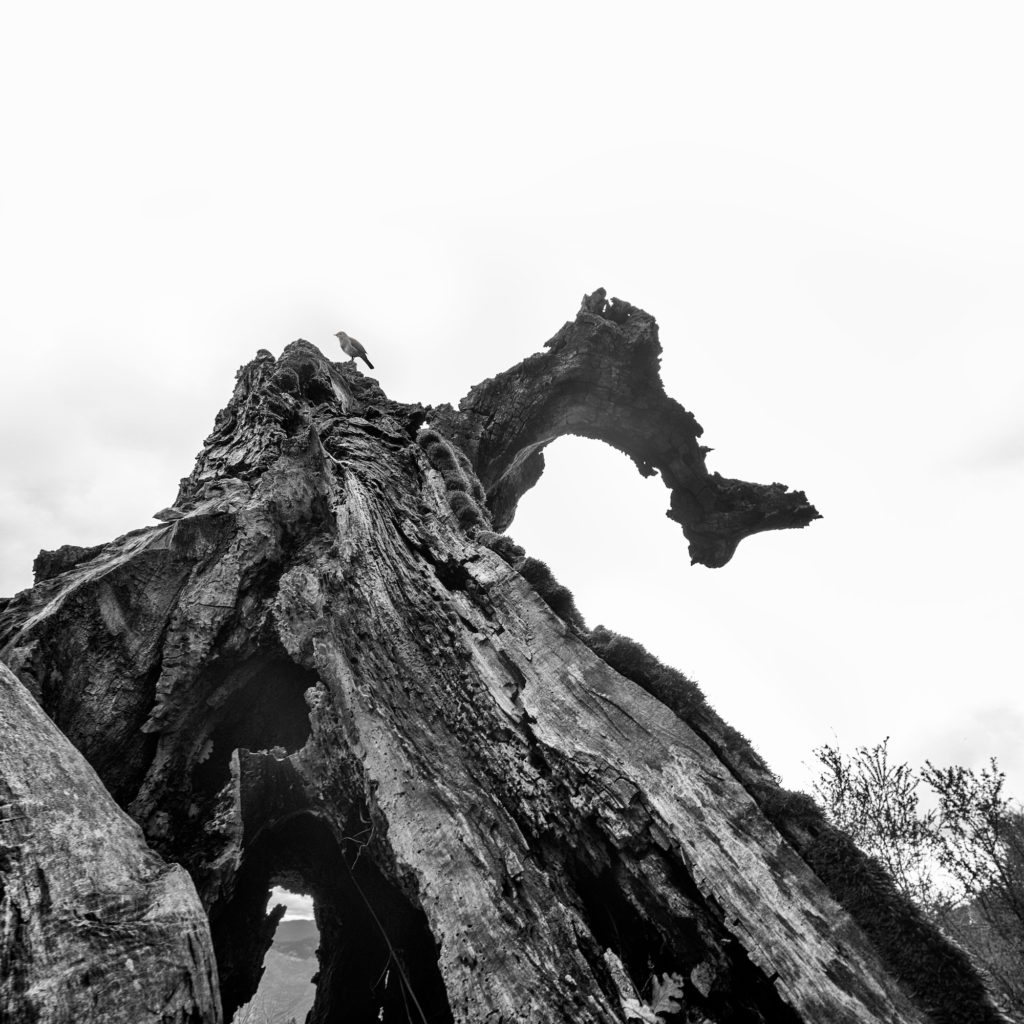
***
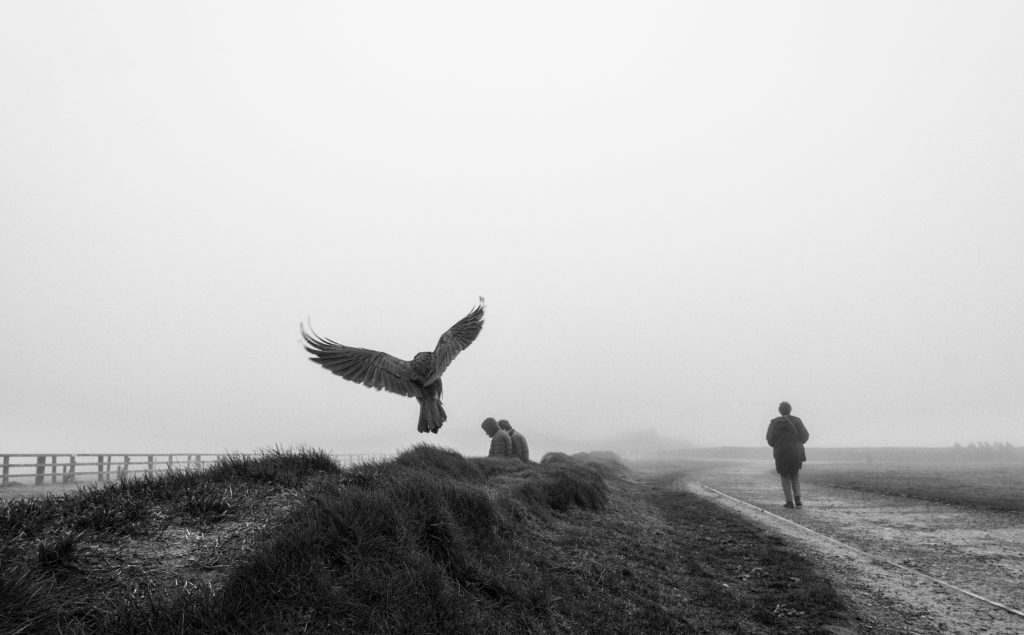
***
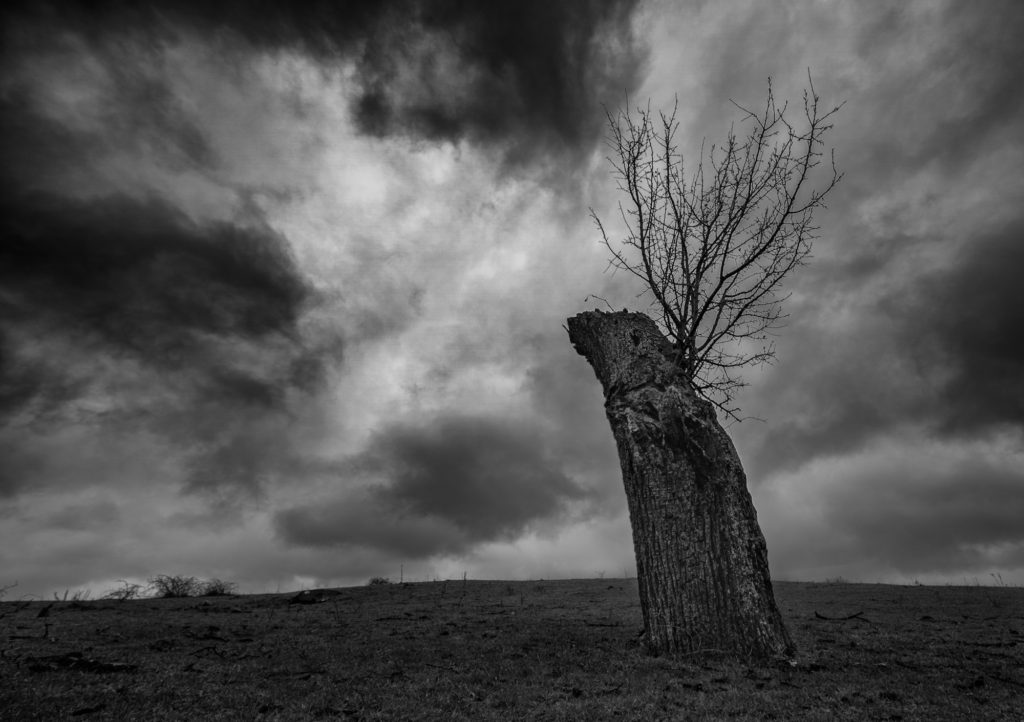
***
